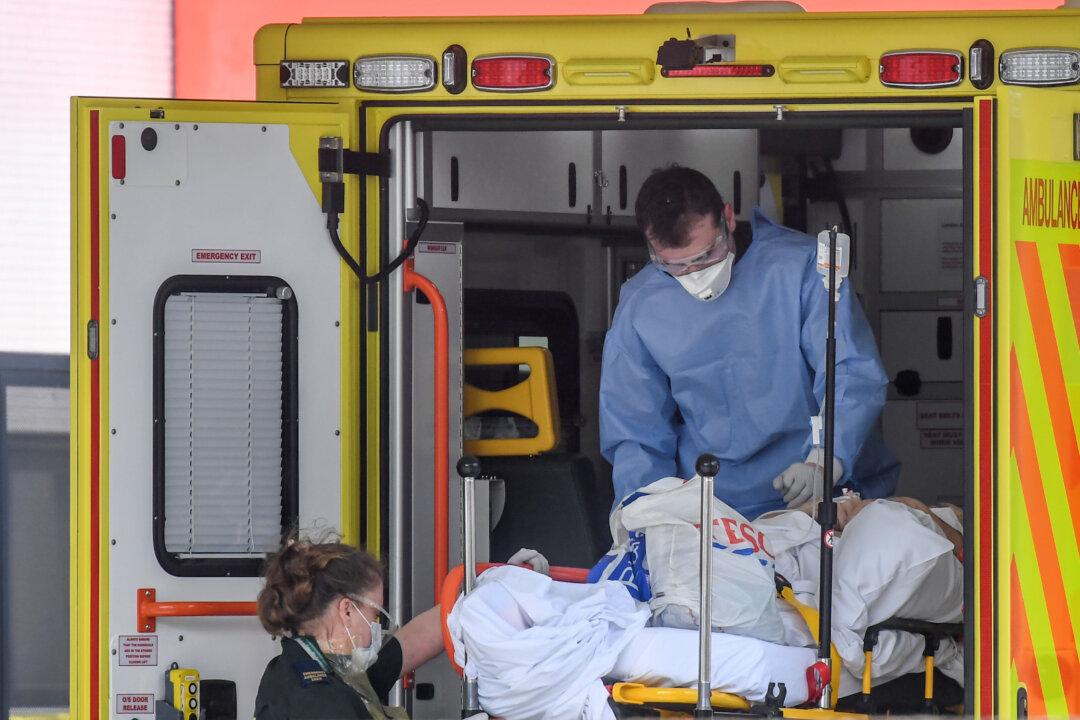There is no evidence that shielding benefited vulnerable people as a COVID-19 pandemic response, according to a new study.
A new study of health data has examined the policy of shielding those deemed “clinically extremely vulnerable” (CEV) to the virus, with the study’s main author claiming the UK government policy “was sort of made up at the time and implemented.” Shielding involves minimising the interaction between CEV persons and others.





